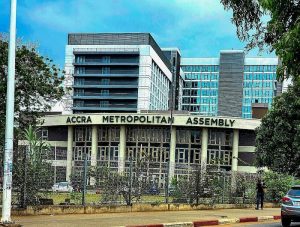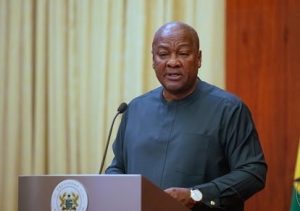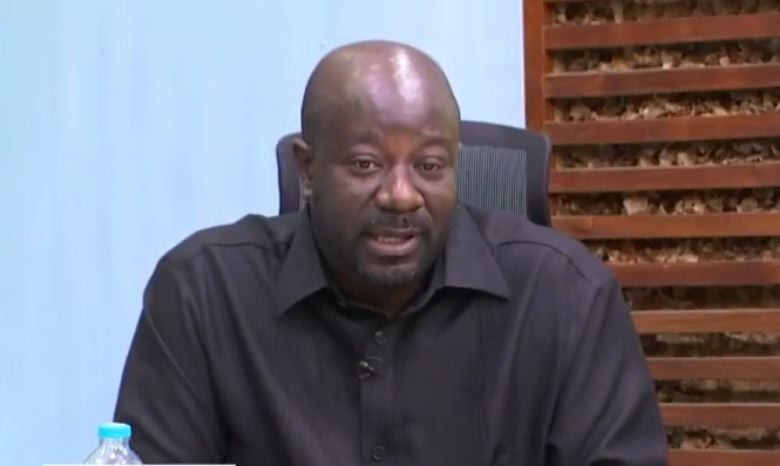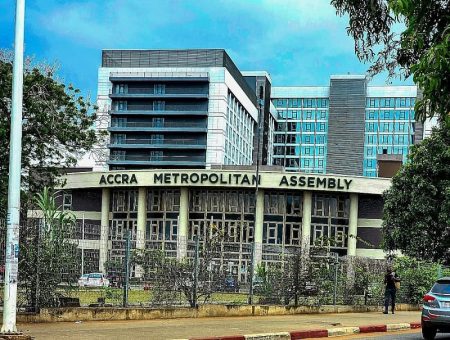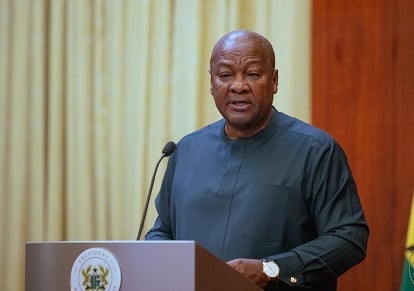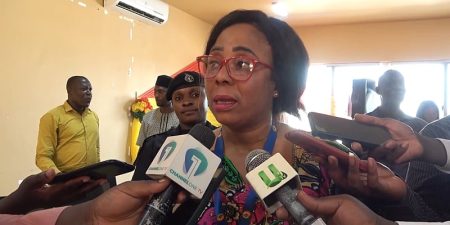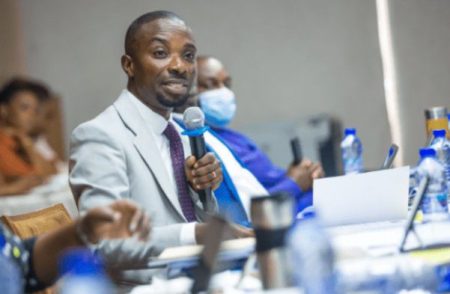The 2024 Ghanaian general election witnessed a significant political development with the unprecedented early concession of defeat by the New Patriotic Party’s (NPP) presidential candidate, Dr. Mahamudu Bawumia, to the then President-elect, John Dramani Mahama. This gesture, though lauded by many for promoting peace and stability in a tense post-election environment, has sparked internal debate within the NPP, with some members questioning its strategic implications. Dr. Dickson Adomako-Kissi, a former NPP Member of Parliament, has voiced concerns that the early concession inadvertently contributed to the party’s loss of parliamentary seats and emboldened unfavorable actions by opposition supporters. His perspective underscores a critical examination of the delicate balance between upholding democratic principles and safeguarding party interests in fiercely contested elections.
Dr. Adomako-Kissi’s argument centers on the potential ramifications of conceding defeat before the full declaration of parliamentary results. He contends that this premature acceptance of loss created a perception of weakness, emboldening National Democratic Congress (NDC) supporters to engage in activities that negatively impacted the NPP’s performance in parliamentary races. He suggests that the early concession, while intended to de-escalate tensions, may have inadvertently fueled a sense of victory among NDC supporters, potentially leading to undue influence or even intimidation at polling stations. This argument highlights the complex interplay between presidential and parliamentary elections and the potential for outcomes in one to influence the other.
Furthermore, Dr. Adomako-Kissi emphasizes the strategic importance of carefully managing the announcement of election outcomes. He proposes that instead of the presidential candidate conceding defeat directly, party stalwarts should have been entrusted with communicating the message of loss to the public. This approach, he argues, would have preserved a degree of authority and control for the party leadership, allowing them to strategically manage the post-election narrative and potentially mitigate any negative repercussions of the concession. His perspective raises questions about the optimal communication strategy in such situations, balancing the need for transparency and acceptance of democratic outcomes with the imperative to protect party interests and ensure a fair electoral process.
The former MP’s critique extends beyond the immediate aftermath of the election. He cautions against repeating this early concession strategy in future elections, emphasizing the need for a more cautious and calculated approach. He advocates for waiting until all parliamentary results are fully declared before publicly acknowledging defeat. This, he believes, would prevent any perception of weakness and ensure that the party maintains its standing and ability to protect its interests throughout the entire electoral process. Dr. Adomako-Kissi’s perspective underscores the strategic complexities of managing electoral outcomes and the potential long-term implications of decisions made in the heat of the moment.
The debate sparked by Dr. Adomako-Kissi’s comments reflects a broader discussion within the NPP about balancing the virtues of conceding defeat gracefully with the need to safeguard the party’s electoral prospects. While acknowledging the positive impact of Dr. Bawumia’s concession on maintaining peace and stability, some within the party argue that a more strategic approach could have minimized potential negative consequences. This highlights the tension between upholding democratic ideals and ensuring a fair and transparent electoral process, while simultaneously pursuing the party’s political objectives. The NPP’s internal reflections signify a recognition of the need to refine its electoral strategy and adapt to the ever-evolving political landscape.
In conclusion, the 2024 Ghanaian election and its aftermath provide a valuable case study for political parties navigating the complex dynamics of electoral processes. Dr. Adomako-Kissi’s critique of the NPP’s early concession strategy underscores the importance of carefully considering the potential ramifications of such decisions, balancing the desire to promote peace and stability with the need to protect party interests and ensure a fair and equitable electoral outcome. His perspective contributes to a broader discussion within the NPP and beyond, about the strategic management of electoral processes and the ongoing evolution of democratic practices in Ghana. The lessons learned from this experience will undoubtedly shape the NPP’s approach to future elections and contribute to the ongoing development of Ghana’s democratic landscape.


